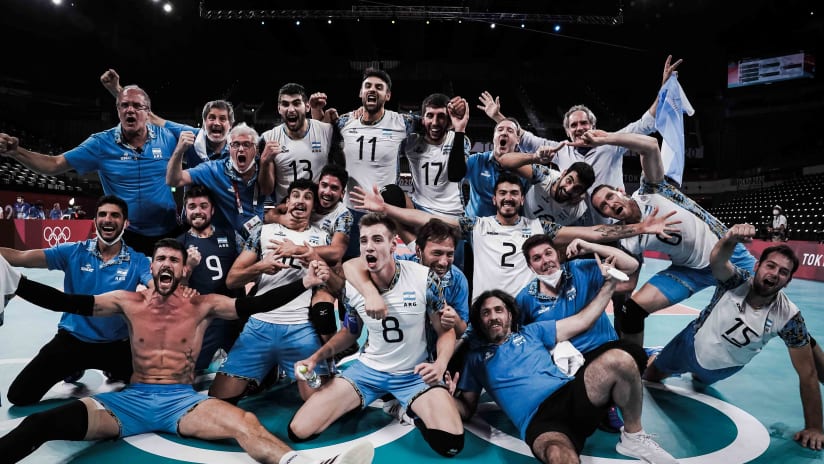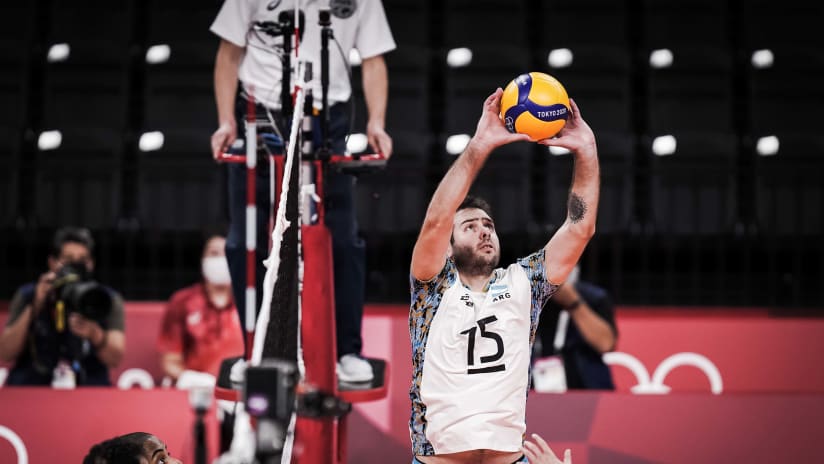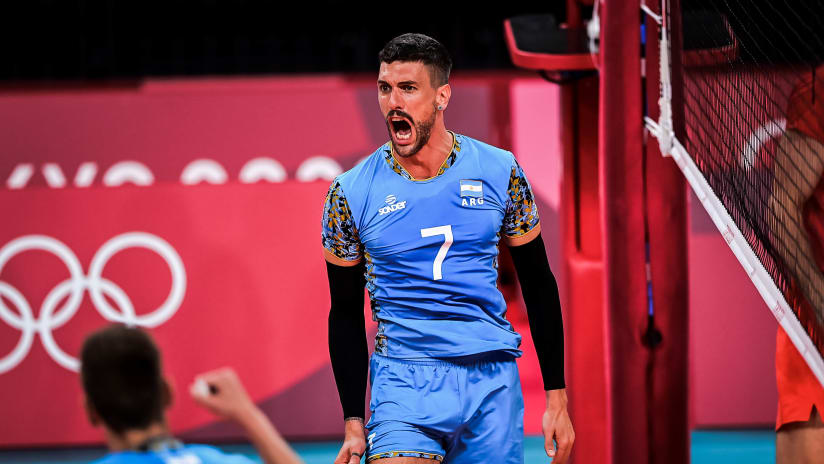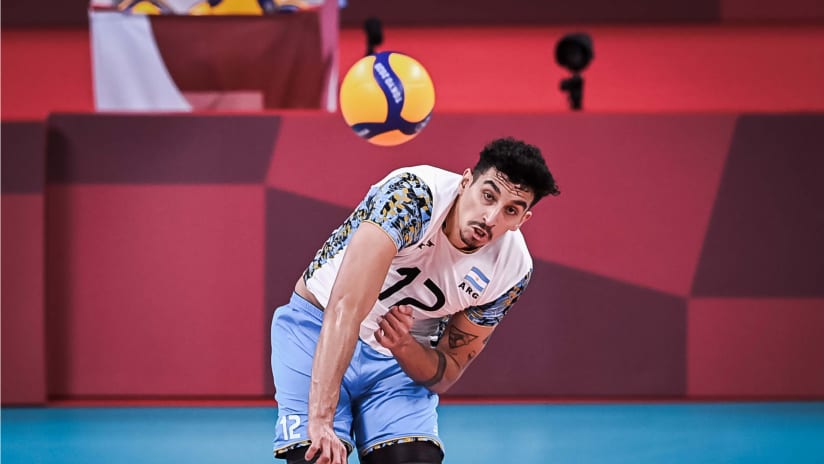When Argentina’s men’s team won the bronze medal at the Seoul 1988 Olympics, there was tremendous hope in the country that it would be the first of many similar results at the highest level of international sport.
Year in Review: Argentina’s persistence earns South Americans Tokyo bronze
A hard-working team return to the Olympic podium after 33 years
Published 08:00, 04 Jan 2022

Argentinean players celebrate after their spectacular victory over Brazil
Since then, there have been ups and downs, with the team failing to qualify for the Barcelona 1992 and Beijing 2008 Games, but finishing fourth at Sydney 2000 and fifth at Athens 2004, London 2012 and Rio 2016. Earlier this year, in Tokyo, the South Americans finally achieved their longtime goal, again winning a medal in Tokyo - bronze - and repeating what their illustrious predecessors had achieved 33 years earlier.
The Argentineans started the tournament on the wrong foot, losing their first two matches, but then showed strength to win four consecutive encounters and advance all the way to the semifinals, when they fell to eventual champions France, a team they had beaten in pool play. In the bronze medal match, they caused a huge upset prevailing over defending champions Brazil and sending their South American rivals back home from the Olympics empty-handed for the first time since Sydney in 2000.
One of the stars of the team was 32-year-old outside hitter Facundo Conte, whose father, Hugo, was a key player in the Argentinean squad that won the historical bronze in Korea. Tagged by many as the emotional leader of the team, he scored 21 points against Brazil.
“This is the most remarkable moment in my entire career with the national team,” he said. “It shows our character. We grew so much during the tournament and fought in every single match to be here. And the best is that we accomplished this as a team, we enjoyed the good moments and stuck together in the difficult ones. We showed how proud we were to wear our flag on our jersey and represent our country at the Olympic Games. I’ve been dreaming of living this moment since I was two years old, and I am happy to share this moment with my father and my country.”
Another individual standout in the Argentinean squad was 25-year-old opposite Bruno Lima. Playing in his second Olympics, the 1.98m-tall hitter was the tournament’s top scorer with 138 points (averaging 17.25 per match) and joined fellow opposite Marcos Milinkovic, who tallied 150 in Sydney, to make of Argentina the first country to have players leading the scoring table in two editions of the Games.
“It’s incredible,” he said after the bronze medal match. “We deserved to win a medal here and it was a dream we all had since we were kids. The way the entire team grew during the tournament was unbelievable. The sacrifice of staying away from home for almost three months paid off. We had ups and downs during the entire tournament but our minds were strong and we fought until the end no matter what.”

De Cecco has decided to continue captaining Argentina for at least another year after their extraordinary result in Tokyo
The result motivated team captain and setter Luciano De Cecco to reverse his decision to retire from the national team after Tokyo. The 33-year-old setter will continue competing internationally for at least another year to try to repeat another accomplishment of the team of the 1980s and match, or even improve, on the bronze medal they won in 1982 at next year’s FIVB Volleyball Men’s World Championship in Russia.
“In Argentina, anytime a team accomplishes something, people expect even more in the next tournament,” the setter reflected. “And if you can’t repeat it, people think it was just a stroke of luck. We need to avoid those expectations because there’s a big chance we won’t make it to the semifinals of the World Championships... it’s something this team hasn't done before.”










